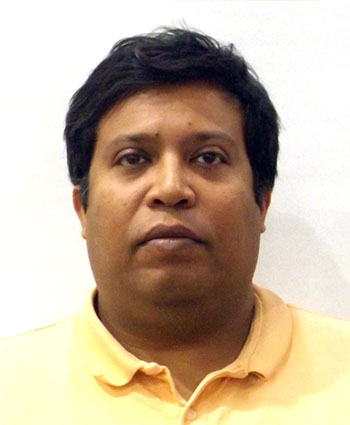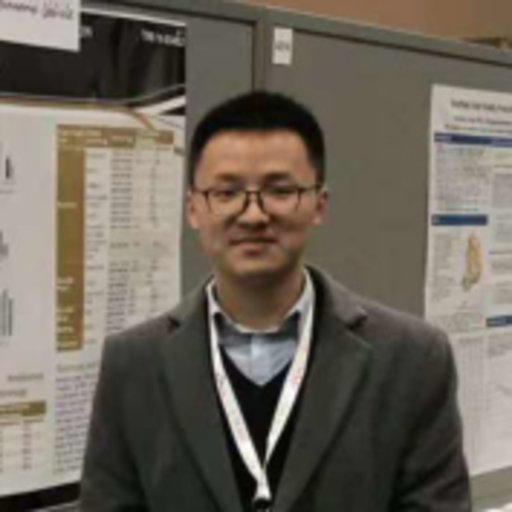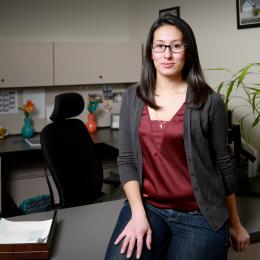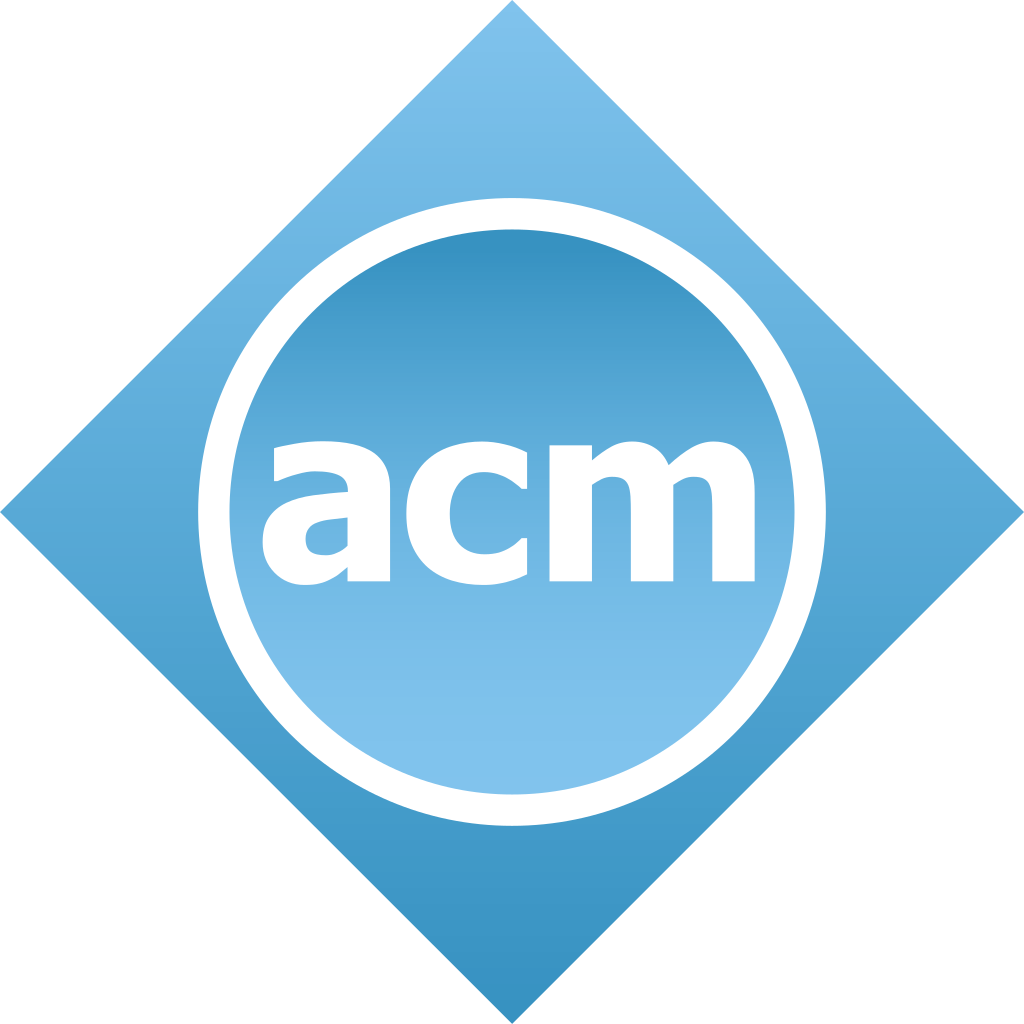
 |
| Dr. Rajesh Paleti |
ABSTRACT: Increasing volumes of air freight have created new challenges for airports and the cities and regions that house them, necessitating the development of models that are better able to estimate demand. This paper presents a novel analytical framework to forecast air freight tonnage by commodity type between an origin-destination (OD) pair as a function of socio-demographic composition, employment by industry type, economic conditions, and airport density at the two ends of that OD pair. The proposed framework is comprised of three modeling components - (1) a binary selection model to determine OD pairs with non-zero demand in at least one commodity category, (2) a stochastic frontier model to analyze total air freight demand across all commodity types while accounting for inefficiencies in the system that may reduce the maximum output (i.e., demand), and (3) a demand composition that allocates the total demand across different commodity types. Each of these models was estimated using the 2017 Freight Analysis Framework (FAF) data. To evaluate the efficacy of this tool in practice a policy analysis was undertaken to quantify the air freight demand changes in the region surrounding the Dallas Fort-Worth International Airport under different scenarios. The results of this case study demonstrate the practical applicability of the proposed framework to a large international airport.
BIOGRAPHY: Rajesh Paleti is a Senior Research Scientist at Amazon and has 10+ years of experience in statistical inference, applied econometrics, and machine learning. His work includes several fundamental methodological contributions to discrete choice analysis consistent with utility-based microeconomic theory of consumer behavior. Rajesh is passionate about building data-driven models of human behavior informed by latest developments in data science, economics, and psychology literature. Rajesh published 50+ journal articles with 2,400 citations in leading econometrics journals. Prior to joining Amazon, Rajesh worked as a Research Scientist at Oak Ridge National Laboratory and Assistant Professor at Pennsylvania State University and Old Dominion University. Rajesh graduated from the University of Texas at Austin with a doctoral degree in Civil Engineering.
All times are given in Seattle time (PST). If you click on the time, you will get the conversion to your local timezone.
Organizers
Program Committee












 Dr. Xiao Li
University of Oxford
Dr. Xiao Li
University of Oxford


All papers must be original and not simultaneously submitted to another journal or conference. The following paper categories are welcome:
Papers must be in ACM SIG format (https://www.acm.org/publications/proceedings-template) (US Letter size, 8.5 x 11 inches) including text, figures and references. Accepted papers will be published in the ACM digital library under the condition that at least one author has registered for both the main SIGSPATIAL conference and the workshop, attends the workshop, and presents the accepted paper in the workshop. Otherwise, the accepted paper will not appear in the workshop proceedings or in the ACM Digital Library version of the workshop proceedings.
Please submit your papers to - https://easychair.org/conferences/?conf=iwcts2022
There are three important things to make sure while preparing the camera ready papers for the workshop:
Deadline for submitting Camera-ready paper is October 10th, 2022.
Step-by-step procedure:
Please direct any questions regarding Camera-ready submission to iwcts@ornl.gov
September 6th, 2022 11:59pm PDT (AoE)

